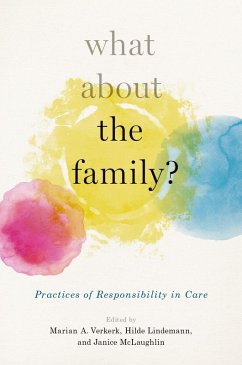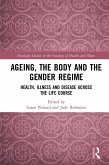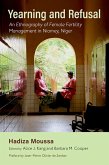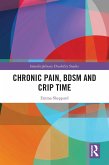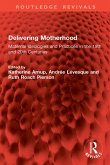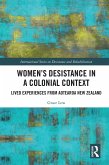Health and social care decisions, and how they impact a family, are often viewed from the perspective of the individual family member making them--for example, the role of the parent in surrogacy questions, the care of the elderly, or decisionis that involve fetuses or organ donations. This volume represents a concerted, collaborative effort to depart from this practice--it shows, rather, that the family unit as a whole shapes and influences the patient's decisions and very understanding of the choice at hand. The family is intrinsic and inseparable from such ethical choices. This deeper level of thinking about families and health care poses an entirely new set of difficult questions. Which family members are relevant in influencing a patient, and why is this so? What is a family, in the first place? What duties does a family have to its own members? This volume, edited by bioethicists Hilde Lindemann, Marian Verkerk, and Janice McLaughlin, develops an ethic radically distinct from health care ethics, feminist ethics, or an ethic of care, even though authors draw on many of the resources those approaches offer. What makes an ethics of families distinctive is that it theorizes relationships characterized by ongoing intimacy and partiality among people who are not interchangeable, and remains centered on the practices of responsibility arising from these relationships.
What About the Family? represents an interdisciplinary effort, drawing, among other resources, on its authors' backgrounds in sociology, nursing, philosophy, bioethics, and the medical sciences. Contributors begin from the assumption that any ethical examination of the significance of family ties to health and social care will benefit from a dialogue with the debates about family occuring in these other disciplinary areas, and examine why families matter, how families are recognized, how families negotiate responsibilities, how families can participate in treatment decision making, and how justice operates in families.
Dieser Download kann aus rechtlichen Gründen nur mit Rechnungsadresse in A, B, BG, CY, CZ, D, DK, EW, E, FIN, F, GR, HR, H, IRL, I, LT, L, LR, M, NL, PL, P, R, S, SLO, SK ausgeliefert werden.
Hinweis: Dieser Artikel kann nur an eine deutsche Lieferadresse ausgeliefert werden.

